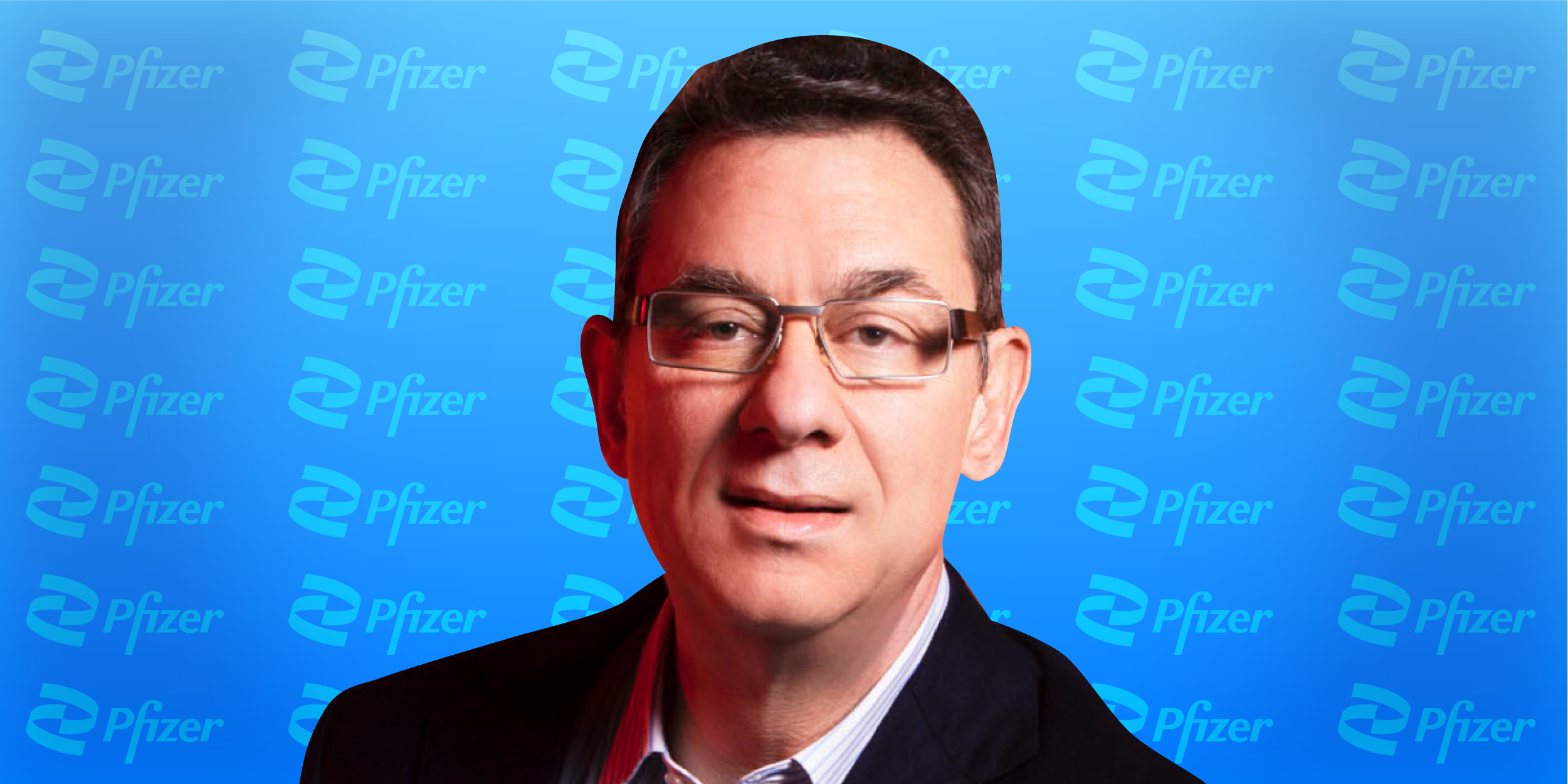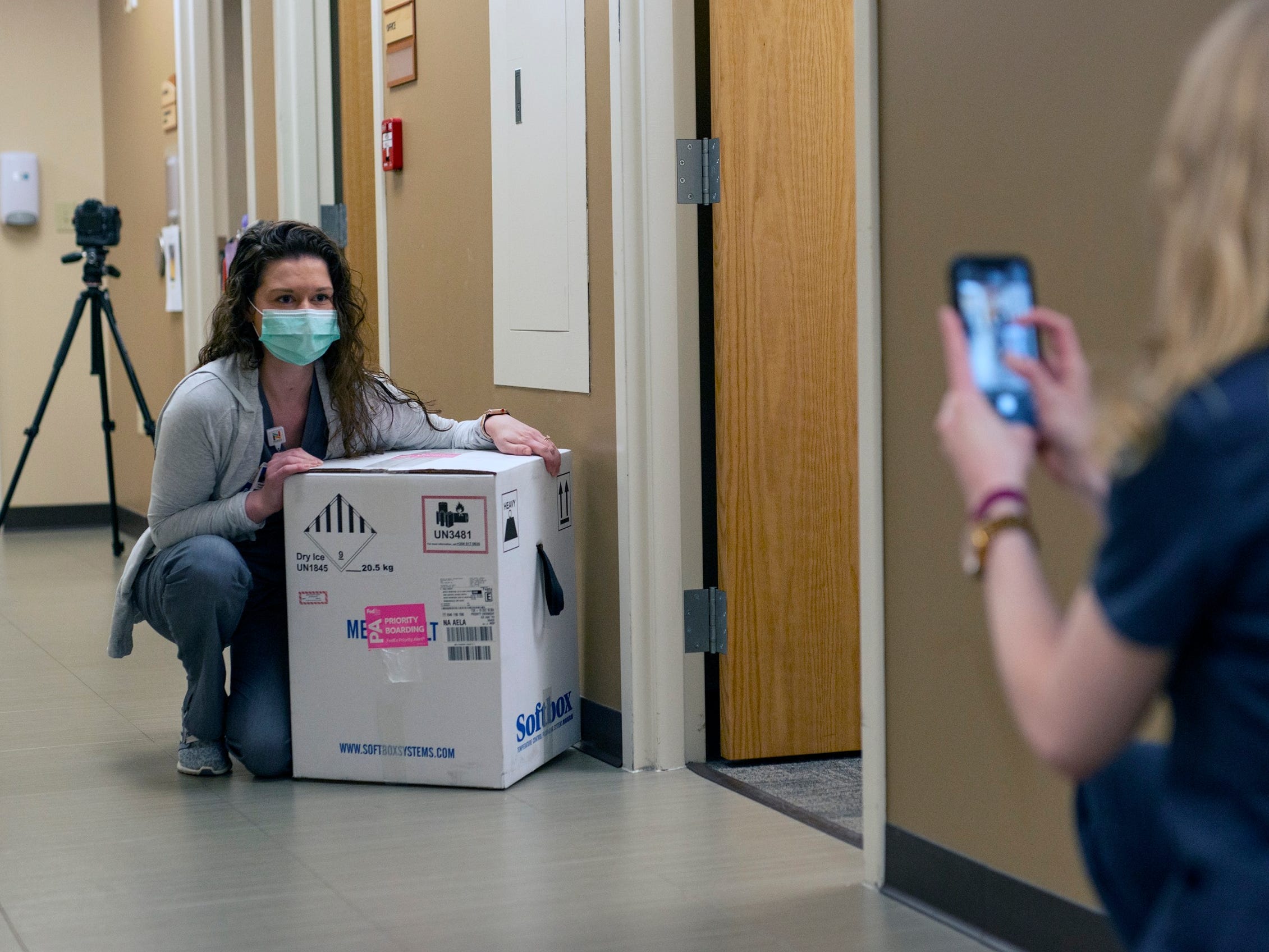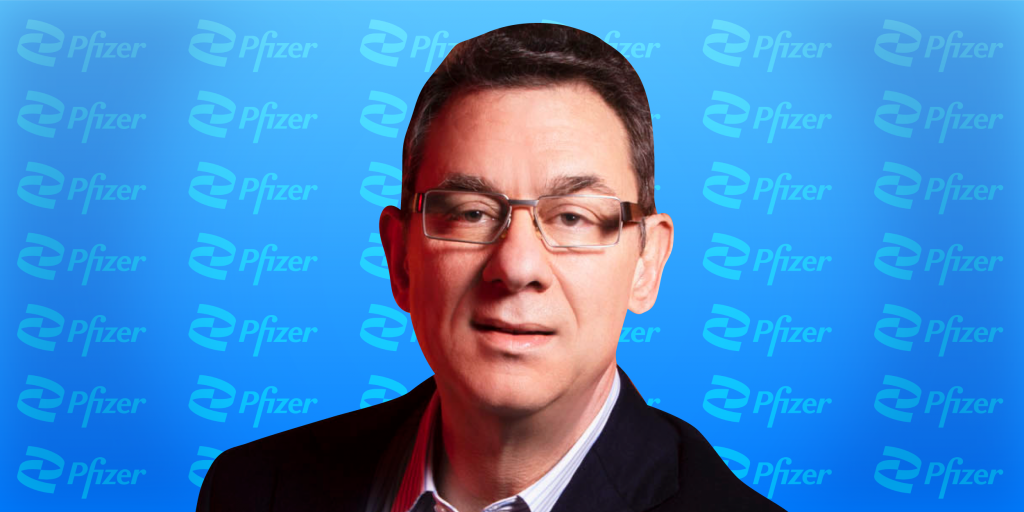
Crystal Cox/Skye Gould/Insider
- People will most likely need annual COVID-19 booster shots, Pfizer CEO Albert Bourla told Insider.
- It's another sign that we'll be dealing with the novel coronavirus for years to come.
- The pharma exec highlighted the risk of new variants emerging and vaccine protection waning.
- See more stories on Insider's business page.
Pfizer CEO Albert Bourla predicted in a Wednesday interview that people will most likely need annual COVID-19 booster shots, a sign that we'll be contending with the novel coronavirus for years to come.
Speaking with Insider by phone, Bourla acknowledged the uncertainty around his guess. But he said he believes regular vaccinations will be needed because of the potential for new variants to emerge and vaccine protection to wane over time.
"The most likely scenario is we will be needing annual re-vaccination, as we do with the flu vaccine," Bourla said.
Pfizer's COVID-19 vaccine, which was co-developed with the German biotech BioNTech, is on track to be one of the pharmaceutical industry's best-selling drug of all time in 2021. Pfizer estimates the vaccine will generate $33.5 billion in revenue this year.
Bourla's view on the long-term role of booster shots and the pandemic comes as his company started to submit data to the Food and Drug Administration on Wednesday for its booster shot. US health officials said earlier this month that they plan to start offering boosters in September, but the FDA first needs to review and approve the applications from each company.

Stephen Maturen/Getty
Bourla's remarks are a sign that the novel coronavirus will likely be with us forever, with people learning to live with the virus and minimize its damage. Experts think the pandemic may stretch into 2023, Insider Health Correspondent Hilary Brueck recently reported. Beyond then, virologists think it's likely the virus will become endemic, meaning it will still be present but less of a constant threat.
One of the largest investor debates around COVID-19 vaccines has been whether or not demand for COVID-19 shots will fade over time, or if people will need to get them regularly. If booster shots turn into a long-lasting business, that could pump billions of dollars of revenue into vaccine-makers like Pfizer and Moderna for years to come.
So far, no company has fully submitted its booster shot for emergency use authorization. Pfizer said it expects to finish submitting by the end of this week.
Over the last few months, Pfizer and Bourla have argued that an initial booster shot would likely be needed six to 12 months after initial vaccination.
The broader booster shot plan is still controversial. Some virologists and vaccine experts have said the extra shots aren't yet needed. Global-health advocates, including leaders of the World Health Organization, have criticized the plan given the lack of access to first doses for many low- and middle-income countries.

